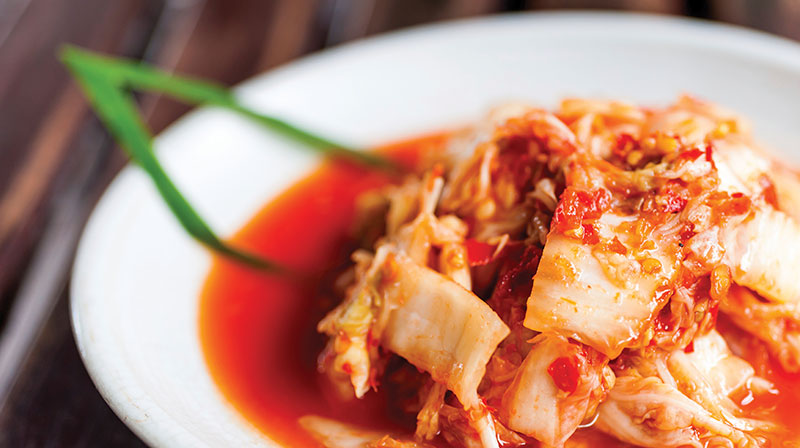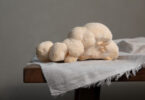Spoiled. Rancid. Moldy. Putrid. These words don’t really whet the pallet, but the culinary world is infatuated with rotten ingredients and our taste buds are being pushed to the limit.
As a Filipino, I’ve had my shrimp pastes and fish oils. Both smell as old as they are, way past their best-by date. But before you dismiss me because I’m Asian and the notion that it is my ethnic duty to eat everything, let me let you in on this—Asian or not my friend, you too have eaten rotten: aged steak, stinky cheese, balsamic vinegar or rotten bananas—the best for banana cream pie and banana bread.
Some foods get better with age, like casu marzu from Sardinia, Italy, which is rotten Pecorino cheese. The cheese undergoes various stages of putrefication and at a certain point the eggs of the Phiophila Casei larva species are implanted into the cheese and allowed to hatch. In Japan, mold is injected into skipjack tuna during the process to make katsuobushi, which is dried and fermented fish shavings. If you’ve eaten Japanese food chances are you’ve had katsuobushi.
My friend, Christopher Bifano, a New Jersey Italian transplant in Silicone Valley, tells me that he’s been using rotten ingredients over the past four years more than ever before. “With the popularity of Food Network and celebrity chefs still on the rise, our customers are becoming more and more aware of ethnic cuisines,” says the director of culinary operations at Yahoo. “Chefs are being tasked and exposed to these fun flavors, giving us the opportunities to cook and learn about what cultures have been doing for centuries.”
Indeed, Korean food has made quite a bit of traction in North America this year. And the excitement has especially risen in the San Francisco Bay Area. With Bifano always being at the cusp of the latest food trend, he worked with distinguished chefs from Seoul on the art of pickling and fermenting. So, maybe we Asians are onto something: old is cool. “I always tell people the smell is tougher than the bite. Once you get past the pungent odor the taste is truly remarkable and can raise your culinary pallet to the next level,” says Bifano. I call it food nirvana, umami.
I thought about what Bifano said, and he is right about the smell. A bottle of fish sauce once broke in my backseat and I was about ready to buy a new car. This reminds me of that Seinfeld episode about the B.O. in Jerry’s car and that smell getting caught in Elaine’s hair. I believe that the most delicious dishes descend from humble beginnings. Anyone can cook a filet or lobster. But when you take those ugly duckling ingredients and truly transform them; that, my friend, is cooking.


